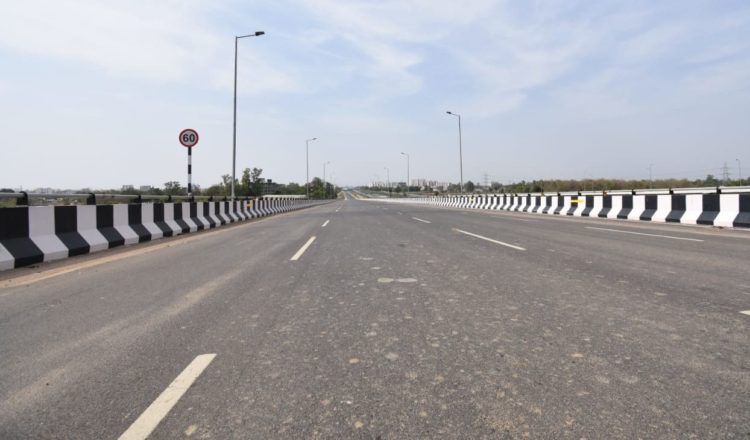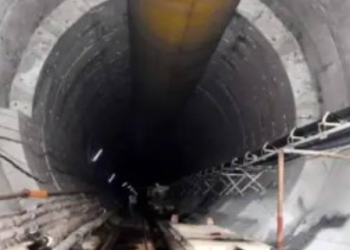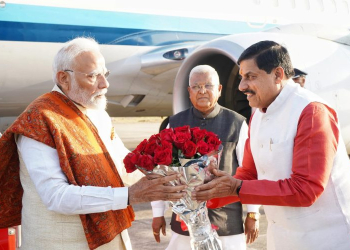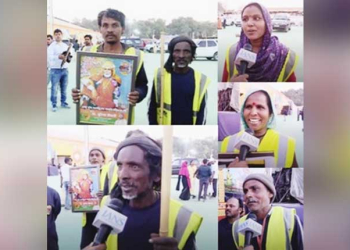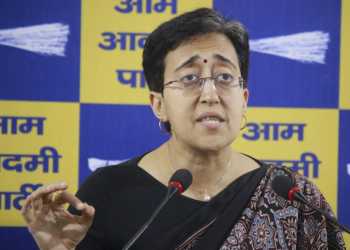New Delhi: Amid the renewed focus on road safety measures, a recent report by a Parliamentary standing committee on Transport talked about the dearth of road safety auditors in the country.
As per the report tabled in Parliament recently, during the meeting of the sub-committee held on 9th May, 2022, the NHAI chairperson informed that the NHAI has identified 4,002 black spots out of which 2,569 black spots have been rectified while work is in progress to rectify 689 black spots. “She stated that there is a dearth of road safety auditors in the country and that NHAI has taken up training programme for road safety audit to create its own force of road safety auditors,” said the report.
Taking note of this, the committee recommended to outsource road safety auditors. “The committee hopes that the road safety audit training programme being taken up by NHAI suffices to meet the requirement of road safety auditors in the country. The committee recommends that NHAI may outsource any interim requirements for road safety auditors as road safety audits play a crucial role in ensuring safety provisions on NHs across the country and dearth of human resources cannot be an excuse to delay the audits,” said the report.
The Ministry of Road, Transport and Highways (MoRTH) has made it mandatory to carry out all stage (Design, construction, and operation) road safety audits for all National Highways and rectification of accident/black spots accordingly.
The Ministry informed the committee that the rectification of road accident black spots is done on the basis of outcome of road safety audits. Road safety audit is conducted as per IRC SP 88: 2019 “Manual on Road safety Audit”.
Commenting on the road safety audit, KK Kapila, president, emeritus, International Road Federation (IRF) said, “Among other initiatives being taken include a key one is the Road Safety Audit. Among the changes made possible under the audits include geometric design improvements allowing for better geometry and sight distance, the incorporation of speed calming measures, pedestrian facilities, junction improvements, crash barriers, signs and markings and more. All these road safety features increased costs by less than 5 percent.” said Kapila.
IRF, a global road safety body working for better and safer roads worldwide, will be conducting a Road Safety Audit on the accident prone section of the Ahmedabad-Mumbai Highway, to identify and remove deficiencies on that section. This came in the wake of the recent mishap which occurred in the most accident prone section of the Ahmedabad-Mumbai Highway.
As per the Standing Committee report, National Highways constitute less than 3% of the total road network and 40% of villages have no access to all-weather roads. Pothole ridden roads, uneven speed breakers, lack of service roads and general lack of maintenance are characteristic of Indian roads. “Unsurprisingly, India accounts for 11 percent of global deaths in road accidents while having only 1% of the world’s vehicles. During the year 2020, the total recorded road accidents in India were 3,66,138. Flawed road designing and engineering, weak enforcement of traffic laws and lack of rapid trauma care contribute to the high number of road accidents and deaths in India,” said the report.
(IANS)



